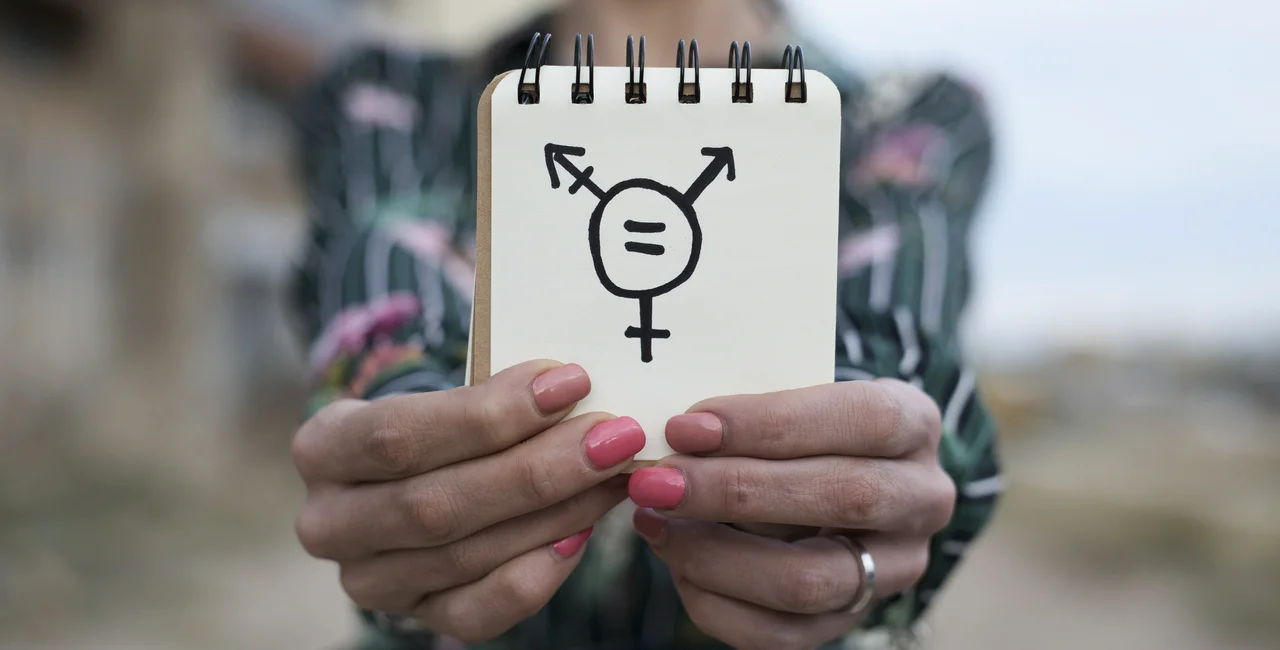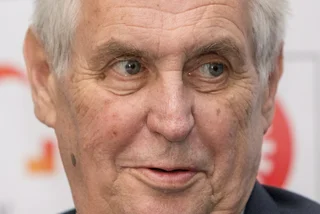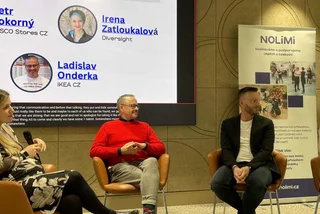The number of children and adolescents in the Czech Republic who identify as a gender different than the one assigned at birth is growing, according to experts cited by daily Lidové noviny. Making a transition, though, isn’t all that simple. It requires the approval of several doctors, and for people under 18 a parent as well.
Petr Weiss, chairman of the Sexological Society of Czech Medical Association of J. E. Purkyně (ČLS JEP), attributes the increase in interest among adolescents in transitioning to greater awareness of the topic in the general population.
PARTNER ARTICLE
He added that pediatricians, educational counselors, and teachers are also better informed. Now, they often send a child to experts after noticing a possible issue, where in the past it would have been ignored.
Olomouc sexologist Pavla Entnerová told LN that many children confide their gender concerns to parents at an earlier age and instead of waiting until adulthood.
"There used to be a different atmosphere in society, people were ashamed and sometimes hid it for a very long time," Entnerová said.
Entnerová added that social networks also play a role as children often find people facing the same issues, so they know they are not alone.
Parents can also find up-to-date information on the internet. For minors in the Czech Republic, doctors cannot start treatment without the consent of a legal representative such as a parent or guardian. Experts say that in many cases when someone starts to transition as an adult, it is because they could not get the required consent as a child.
At sexology department of the University Hospital Brno (FNB), doctors in 2019 treated 20 transgender patients under the age of 18. A year later there were over 30. For this year, the hospital reports its waiting list for new transgender patients is already full, Lidové noviny (LN) said.
Doctors at FNB said 90 percent of the cases were young people who were assigned female gender at birth but now felt they had more in common with a male identity. The most common age when young people seek treatment is 12 to 16 years old, but there have been cases involving younger people.
The Institute of Sexology of the General University Hospital (VFN) in Prague, also confirmed an increase, but did not provide year-on-year numbers. Currently the institute cares for 20 to 30 minors who are requesting gender reassignment.
In the Czech Republic, the transitioning process in complicated. A patient cannot simply schedule gender reassignment surgery, also sometimes called gender confirmation surgery, on demand in the same way they can, for example, obtain cosmetic surgery.
Dr. Weiss of the Sexology Society said the system is intended to prevent undesirable consequences.
“We follow the rules and standards of international organizations caring for transgender individuals,” he said.
In the first phase, both a sexologist and a psychologist have to give opinions. If these experts concur, then more steps can take place. Puberty blockers are part of the next phase. Parental consent is needed, as well as positive opinions from pediatric endocrinologists and other doctors. If the patient is in psychiatric care, a statement form the psychiatrist is also needed.
Puberty blockers are drugs that postpone puberty in children by stopping the release of hormones such as testosterone and estrogen. This delays the development secondary sexual characteristics associated with puberty such as breasts in biological women and facial hair on biological men. This treatment is reversible. The blockers do not, for example, cause breasts to develop on biological men or facial hair on biological women.
While someone is taking blockers, they have time to consider whether they want to continue transitioning. If they opt not to, they can stop treatment with blockers and then their bodies will start to produce the hormones that correspond to their birth gender.
If they opt to continue, the next phase includes hormone therapy, which cannot start until someone is 16 year sold. Unlike puberty blockers, this step cannot be fully reversed. These hormones will cause the development of the secondary sexual characteristics of gender the person identifies with.
Gender reassignment surgery can be performed at the age of 18 at the earliest. Not all people who transition opt for surgery, or only seek some of the surgical options.
A significant number of people who start the transition process do not complete it. The University Hospital Brno compiled statistics from 2012 to ’19, and found that 40 percent of adolescents who were entitled to initiate hormone treatment instead withdrew from hospital care. Since no other doctors or hospitals requested medical documentation from those patients it seems that those patients stopped their transitions.
The issue still has a long way to go in terms of acceptance. In June, Czech President Miloš Zeman made international headlines with anti-trans comments he made on CNN Prima News. His comments though were widely condemned both domestically and abroad.












 Reading time: 4 minutes
Reading time: 4 minutes 































